#trans media
Text
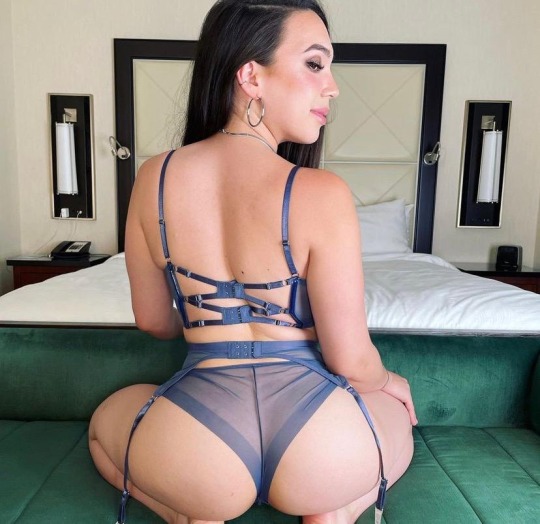
Reblog if you’re a trans lover 🥵
#trans nsft#trans pride#transfem#trans love#transgender#trans woman#transgirl#transisbeautiful#transmasc#mtf trans#so hot 🔥🔥🔥#hot content#trans lovers#trans beauty#trans facts#trans media
2K notes
·
View notes
Text
HEY YOU!
Yeah, you! Are you trans? Do you like reading books? Or watching movies?
Do you like media about trans men/transmasculine characters but don't know where to find it?
That's sooo crazy because I have this little spreadsheet I'm working on where I'm trying to document all media with protagonists/major characters who are FTM or transmasculine.
The spreadsheet currently has 200+ entries spread across the following categories:
Books
Manga
Memoirs and non-fiction
Movies
TV Shows
Graphic novels / Comics
Webcomics
Audio dramas
Books and movies are also sorted by:
Which character is trans (MC, love interest, antagonist, etc)
If the trans character is POC
The trans character's sexuality (Because I saw lots of transhet guys sad about only being able to find gay romances)
If the author/actor is also trans (if we know for sure)
It's free to use, and free to add to as well! Editing permissions are on, and I check on the spreadsheet every now and then to make sure everything is in order and to clean up.
If you know something that isn't on the list, please add it! You don't have to fill in every single column, but fill it to the best of your abilities.
If you don't want to use the big ass long link below, you can also use: bit.ly/FTM-protags
I made this because I want it to be a community resource. So even if you're not a trans guy or transmasculine person, please reblog!
#my gay little thoughts#ftm#trans#transgender#transmasc#transmasculine#trans community#trans writing#trans art#lgbt#lgbtq#trans books#trans movies#lgbt literature#trans literature#trans media#trans resources#trans representation#nonbinary#queer#ftm spreadsheet
995 notes
·
View notes
Text
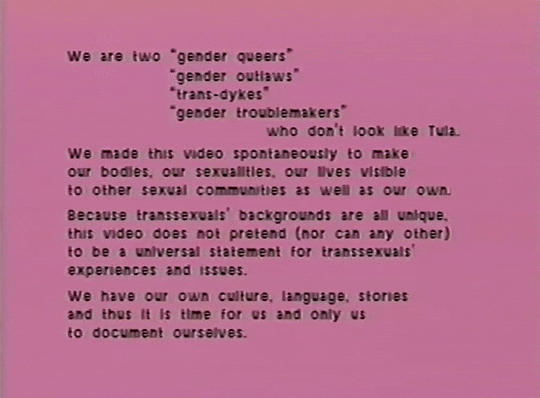


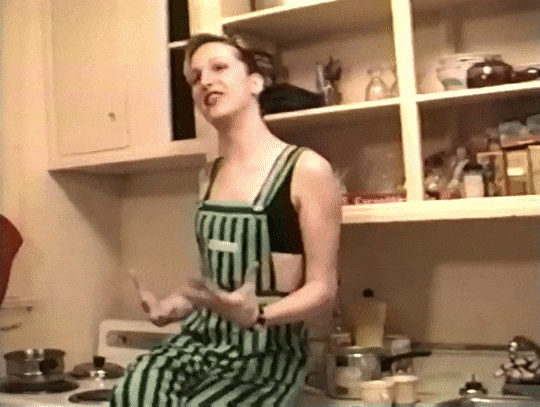


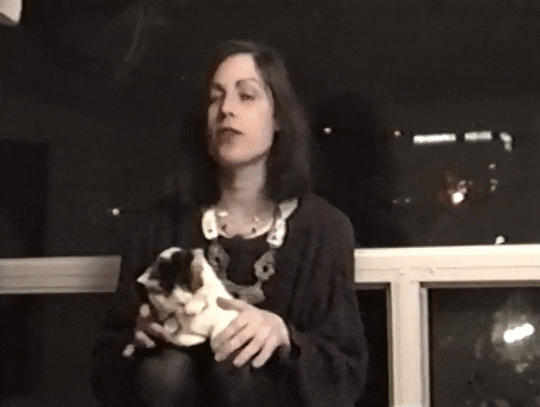
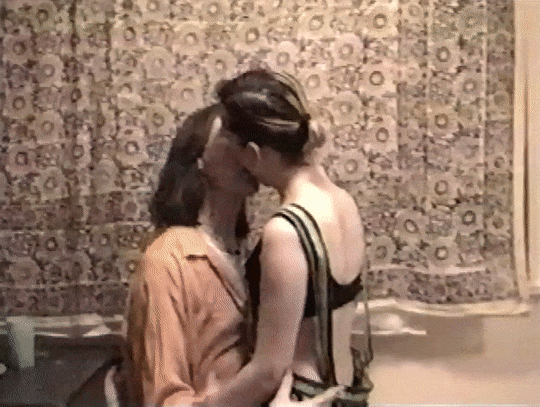
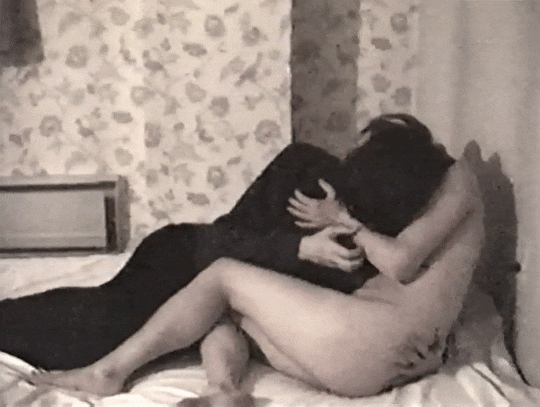

GENDER TROUBLEMAKERS (1993)
dir. Mirha-Soleil Ross & Xanthra Mackay
What happens when two Transdykes get sick of non-transsexual's uninformed representation of their sexualities and their lives? They grab their 8 millimeter home video camera, their last 200 bucks, and come up with an uncompromising in-your-face flick about their shitty relationships with gay men and their unabashed attraction to other trans women.
(link in title)
#lgbt cinema#trans cinema#gender troublemakers#gender troublemakers 1993#canadian cinema#lgbt#trans#transgender#lesbian#canada#lgbt movie#trans movies#canadian movies#lgbt film#trans film#canadian film#lgbt media#trans media#queer cinema#north american cinema#Mirha-Soleil Ross#Xanthra Mackay#1993#90s#1990s#90s movies#90s films#90s cinema#1990s movies#1990s cinema
2K notes
·
View notes
Text
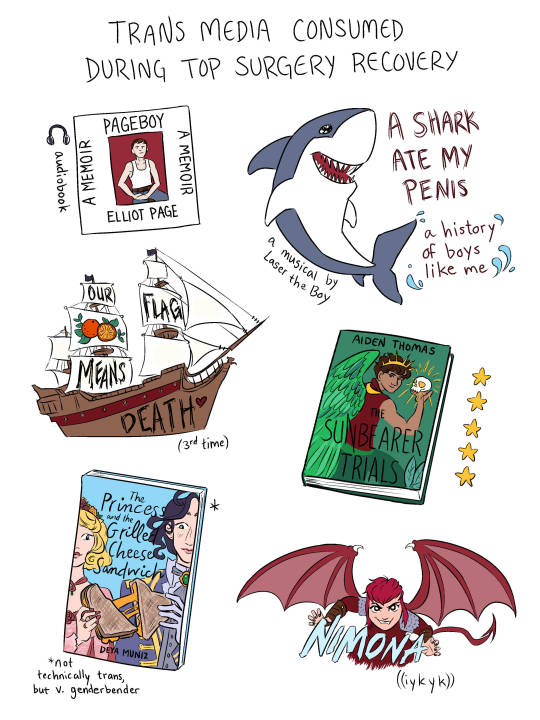
another page from my top surgery recovery sketchbook, scanned & hastily colored digitally 4u. this is an incomplete list because I ran out of space 😅
more top surgery recovery sketchbook pages here
#top surgery#trans#transmasc#lgbtq#trans media#gender#genderqueer#nonbiary#queer#elliot page#a shark ate my penis#ofmd#our flag means death#the sunbearer trials#aiden thomas#the princess and the grilled cheese sandwich#deya muniz#nimona#nd stevenson#laser the boy
3K notes
·
View notes
Text
Reblog if you want to get a video from me ❤️😍💞 trans love.
#trans moodboard#trans m#trans miles morales#trans march#trans muslimah#trans movies#trans mlnb#trans media#trans mpreg#trans mlw#trans#trans artist#trans geek#trans rights#trans genocide#trans lesbian#trans leo#trans headcanon#trans hc#trans history#trans jokes#trans joy#trans journey#trans youtuber#trans youth#trans yandere#trans is sexy#trans is beautiful#trans issues#trans uk
824 notes
·
View notes
Text
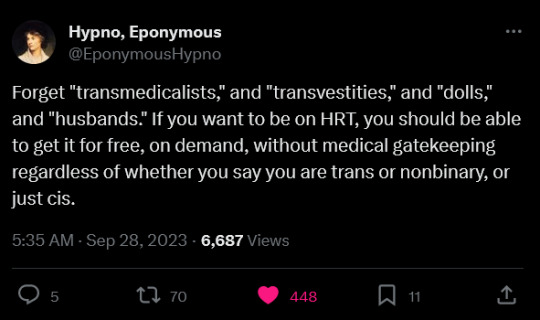
#lgbtqia#lgbtq community#lgbt pride#lesbian#sapphic#nonbinary lesbian#nonbinary#queer#lgbtq#gay girls#lgbt nsft#pride#lgbtqplus#trans memes#trans men#transmedicalism#trans media#anti transmed#hrt#hrt captions#trans hrt#mtf hrt#top surgery#transition#ftm hrt#trans#transmasc#trans joy
599 notes
·
View notes
Text
Friendly reminder
My dad, who was born in the sixties, did typical teenager fashion and snuck out of his parents house to see a midnight showing with his friends.
That was The Rocky Horror Picture Show
Now that same man is the one to help me make doctor appointments, to see if insurance will cover my future top surgery
Trans/LGBTQ+ Media and its importance Yall

#trans visibility#trans man#trans#rocky horror picture show#the rocky horror picture show#rhps#trans media#lgbtqia#lgbtq community#lgbtq#importance of trans media#Gay media#any media showing diversity#this was the sixties#and it’s holding weight#don’t forget#transgender#transgender man#trans masc#rocky horror show
65 notes
·
View notes
Text
Something, I just realised that really resonated with me about Gwen in Across Spiderverse, is her clothing.

When around non-spiderfolk adults and at home she wears loose fitting clothing which seems androgynous and hides the shape of her body.

But, when with Miles and her spider friends, she dresses in tight clothing. She’s clearly comfortable with her body when around friends but she seems to feel the need to hide her figure around people outside her friend group.
Similarly, I struggle with my body and didn’t wear shorts or tight fitting clothing for many years because I had problems with how masculine my legs and torso looked due to body hair and my wide shoulders.
These traits caused much dysphoria until I made more accepting friends when I became more comfortable with wearing shorts, tight tops, jeans and even leggings. My dysphoria became less severe around them because I knew they saw me as a girl. I even realised that some of my features were rather feminine like the shape of my legs and hips (though I don’t have curves) so I started empathising them making me appear more feminine and womanly. My shoulders are also not broad compared to most men and it bacame obvious my dysphoria had been exaggerating certain features.
Whilst at home though, or out with family, I wear baggy clothing which, whilst isn’t masculine, hides my shape so no one can tell my sex because I’m scared of my family’s reaction to seeing me in feminine clothing. Simultaneously, I feel less comfortable because I know they will always see me as a boy.
I know many cis girls and boys, especially in their teens. have body image issues and feel more comfortable showing their figure around friends but, to me, Gwen’s choice of outfits, and how they shape her, is very trans. A lot of cis girls (not all) will still dress fem around family but just not in clothes which emphasise their shape but Gwen chooses to dress androgynously around her dad and is more comfortable showing her shape around friends. Of course, it is her choice how she dresses but there’s a definite contrast between her clothes around friends and her clothes around her dad.
This is just a reading and I don’t know how intended it was but I thought it was a cool and fun approach which I found in this video. (Apologies the link can’t be copied here for some unknown reason so here’s a screenshot.) They cover a lot of readings of the film involving queer theory, race theory and comic history.

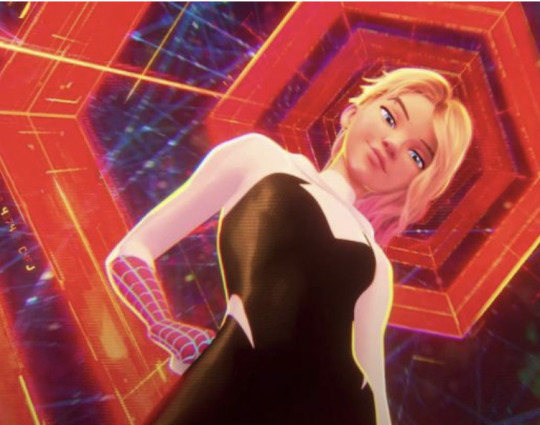
Also can we just appreciate how cool Gwen looks in every scene. The gender envy is so strong. <3
#lgbtq#transgender#queer#trans spiderman#trans#trans experience#trans clothing#trans pride#trans girl#trans identity#trans media#trans representation#trans dysphoria#gender dysphoria#queer friend groups#spider woman#spiderman across the spiderverse#spiderman#trans spider gwen#trans gwen#trans body positivity#queer pride#queer coding#pride#transgirl#transfem#trans women are amazing#trans woman#transgurl#across the spiderverse
239 notes
·
View notes
Text
probably the one gripe i have with Blue Eye Samurai is that i know the writers fully intend to write Mizu as identifying as a woman, when in my eyes Mizu should at the very least be some form of trans and/or gender non-conforming. to me, Mizu is clearly trans masculine and should written as such. but i just know in the upcoming season the writers will probably include some story arc where Mizu rediscovers their womanhood. and if they don't do that in season 2, they probably have plans to do so eventually. i would be so surprised if they don't. like, i've become so attached to the idea of Mizu being trans masc that if that story arc actually comes to fruition, i'm gonna feel so devastated and angry. this is the trans masc representation i've been craving for so long and the writers are gonna rip that out from under me.
#blue eye samurai#mizu#trans mizu#trans masc mizu#bes#mizu blue eye samurai#mizu bes#trans representation#trans media#trans masc representation
52 notes
·
View notes
Text
They are trans and I will die on this hill
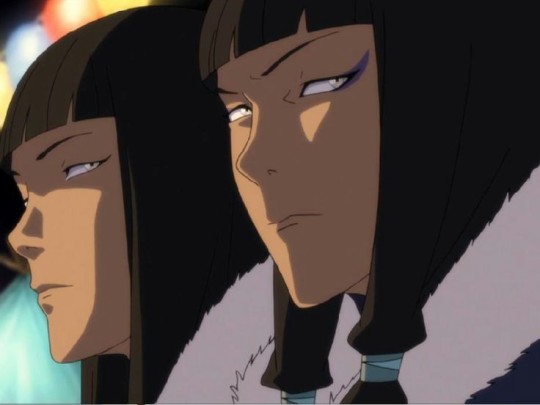
Desna (left), from The Legend of Korra
Look, that's seriously talk
Do you know what are bivitelin and univitelin twins?
Univiteline twins are the ones whose embryons are from the same origin
Biviteline are the ones whose embryons are unrelated, but happened to envolve and born at the same time
Biviteline twins often look very different, in what univiteline twins are identical
Obvsiously thought, they even have the same genes
Did you know uiviteline twins also are always the same sex
They are made of the same seed after all
See what I mean?
Eska and Desna as obviously univiteline
And they have different genders: Desna's a boy and Eska is female
I assume Desna is the trans one, since their designs, aside from being identical and giving us a vibe of nobelty and inaproachableness expected of the North Pole prince and princess, tend more to a feminine aesthetic
Also, Bolin thought they were both girls firs time they met lol
In a side note, Bryan Konietzo and Michael Dante Dimartino have a history of representing minorities, such as disabled characters

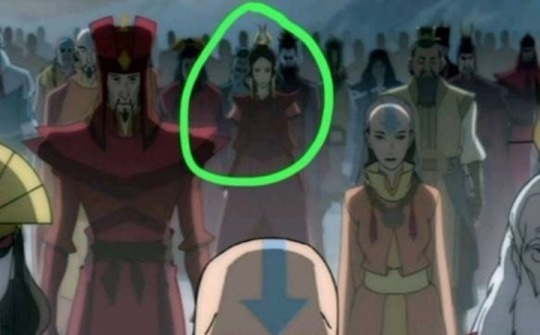
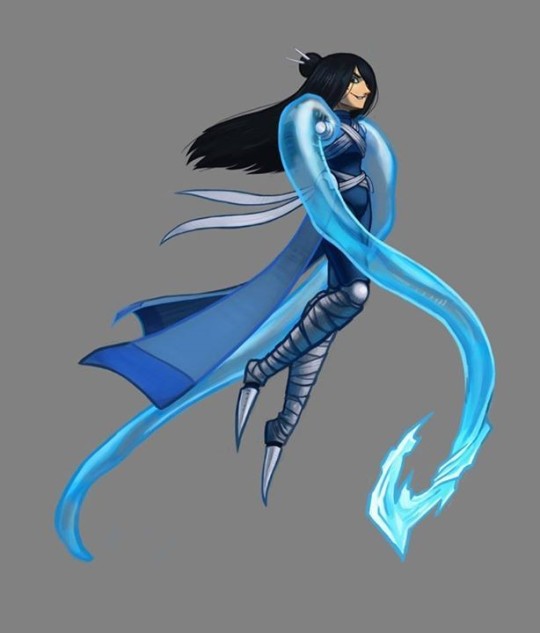
And brown/black people
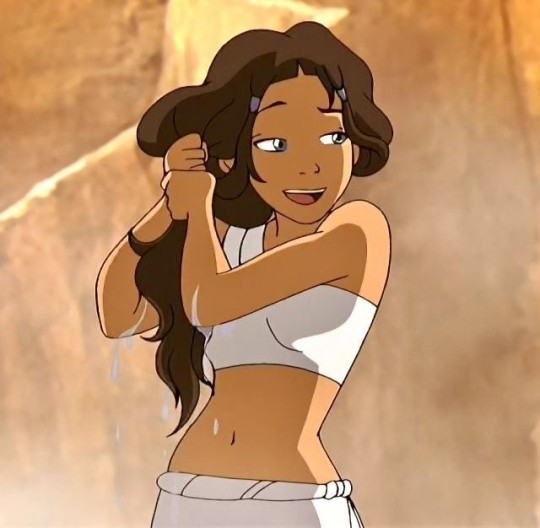
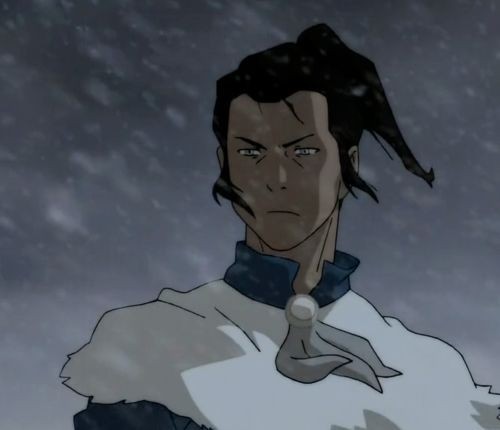
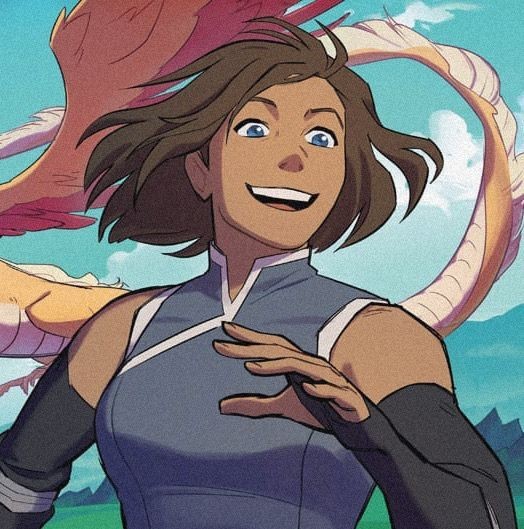
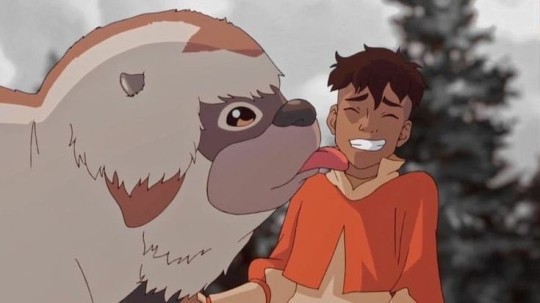
As well, as they already have done queer characters (Asami and Korra), despiste the latter's representation abeing way more sutile
So it's natural to guess that the level of sutileness would be the same while approaching another queer character
Logical conclusion: Desna is super trans
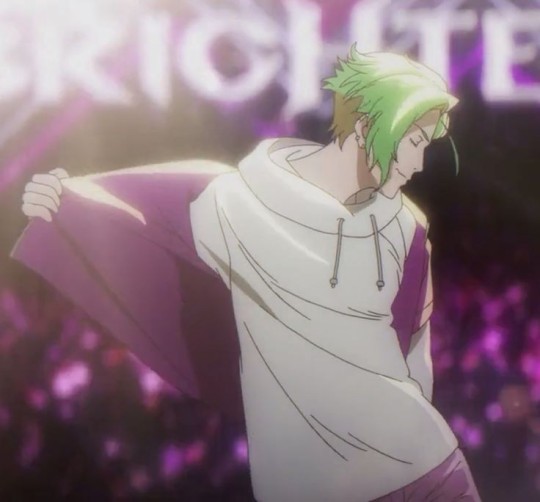
Pyotr, from Carole and Tuesday
This guy
Come on, have you heard his music??????
Like, have you heard his music??
#trans#theory#fandom#anime fandom#carole and tuesday#lok#tlok#the legend of korra#legend of korra#avatar#avatar: the legend of korra#pyotr#desna#eska and desna#headcanons#representation#transgender#trans headcanon#trans characters#trans media#trans representation#diversity#bryan konietzo#michael dante dimartino#thanks for coming to my ted talk#alt text#alt text described#long post
123 notes
·
View notes
Text
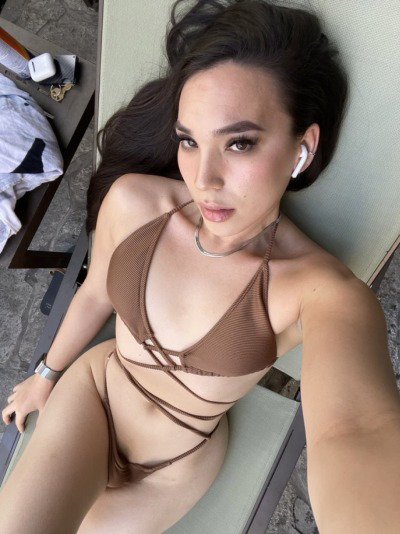
Wanna help me take that top off🍒🍒🍒🥵🥵Reblog if you like what you see
#hot content#so hot 🔥🔥🔥#trans love#trans nsft#trans pride#trans woman#transfem#transgender#transgirl#trans beauty#trans media#mtf trans#transmasc
2K notes
·
View notes
Text
kinda serious post for once, idk how deep y'all wanna take this though.
I'm a little upset at the lack of representation that transmasc people have, and this isn't me hating on transfems, but I feel that they're a little overrepresented in trans media, at least from what I've seen.
Like, I'll be watching trans meme compilations and I'll be lucky if I even see anything on the transmasculine side of things.
I'm not sure if this is because of an actual imbalance in the number of transmasc and transfem people, but it might be. (I'll reblog this post with my thoughts and theories on that)
Idk, maybe this is just stupid thoughts from a random trans guy nb, but I'm really hoping to see more transmasc media.
25 notes
·
View notes
Photo
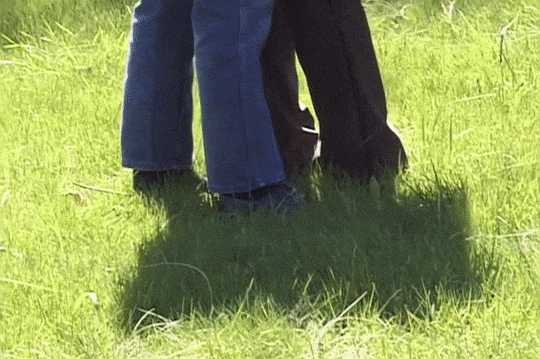
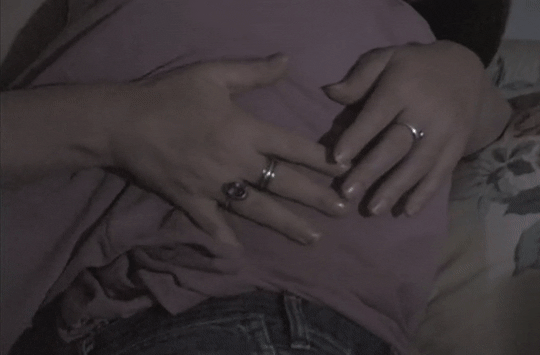
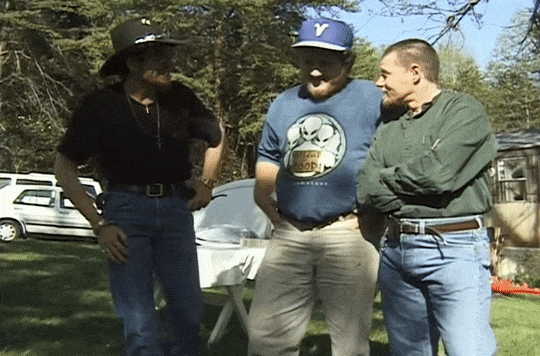


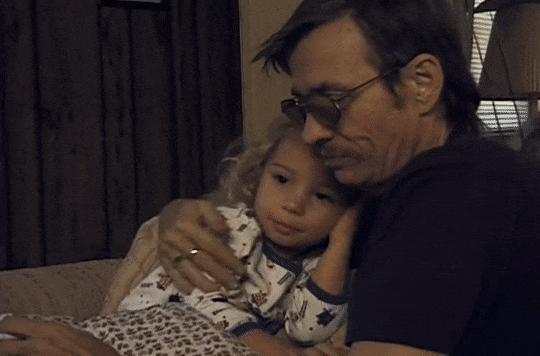


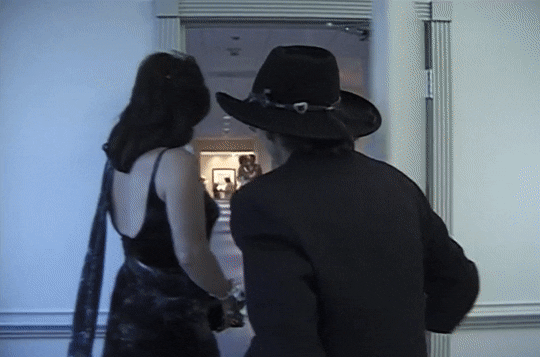
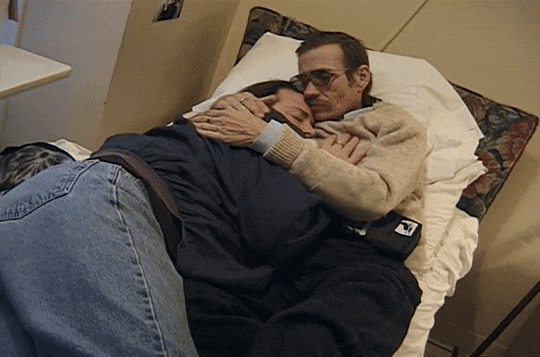
SOUTHERN COMFORT (2001)
dir. Kate Davis
The final year in the life of Robert Eads, a transgender man from the back hills of Georgia. "A hillbilly and proud of it," he cuts a striking figure: sharp-tongued, bearded, tobacco pipe in hand. Though his home is nestled among tranquil hills dotted with hay bales, Robert confronts a world hostile to him. He was diagnosed with ovarian cancer, then turned away by more than two dozen doctors who feared that taking on a trans patient might harm their practice. Beginning in spring, he falls deeply in love with Lola, a trans woman. That summer, his mother and father drive ten hours to visit their "lost daughter," a trip they know may be their last. His final dream is to make it to the Southern Comfort Conference in Atlanta, the nation's preeminent transgender gathering. Beating the odds, he addresses a crowd of 500 and takes Lola to "The prom that never was".
(link in title)
#lgbt cinema#trans cinema#southern comfort#southern comfort 2001#indie cinema#documentary#lgbt#trans#transgender#usa#lgbt movie#trans movies#indie movie#trans film#lgbt film#indie film#lgbt media#trans media#queer cinema#american cinema#robert eads#lola cola#2001#00s#2000s#00s movies#00s film#2000s movies#2000s films
3K notes
·
View notes
Text
God, I love Audrey Horne. First time she sees Denise she accepts her as a woman immediately. Even seems to admire her for excelling in a traditionally male dominated field.
Twin peaks came out in the 90s! The decade of infamously transphobic media! A reaction like this isn’t just exceptional, it’s revolutionary!
Sure the trans rep on this show isn’t perfect but I will forever be grateful for this interaction alone <3
#twin peaks#twin peaks season 2#david lynch#audrey horne#denise bryson#trans representation#trans media#trans characters#trans positivity#trans joy#90s shows#90s tv shows#tv shows#television
28 notes
·
View notes
Text
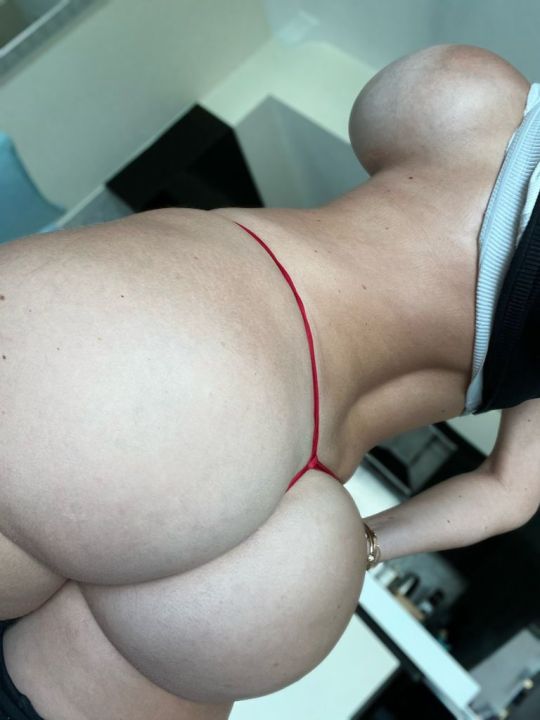
My trans ass is an art of cock 🍆🍑🍑 Reblog if you wanna get my private stories on Snapchat
#trans geek#trans hc#trans headcanon#trans genocide#trans history#trans m#trans march#trans media#trans lesbian#trans miles morales#trans love#trans rights#trans artist#trans main character#trans man#transgender#transmasc#trans male#trans masc#trans youth#hotel transylvania#transbeauty#trans boy#trans beauty#trans umbrella#transunity#trans hrt#trans healthcare#trans is beautiful#trans is sexy
160 notes
·
View notes
Text
Real Queer America: LGBT Stories from Red States, by Samantha Allen - A Review (8 out of 10)

"That's precisely the question we asked ourselves on November 9th. To stay, or not to stay? I found my answer at the top of the pride flag: there's no way of course that the color of its first stripe was a commentary on our geographically divided political climate. Red didn't mean Republican and blue didn't mean Democrat until the year 2000 anyway. Red is simply the first color in the rainbow, not a sign from the cosmos for me personally. But back when Gilbert Baker first designed that now ubiquitous emblem of LGBT rights in 1978 he did want that red stripe to signify life."
Samantha Allen, a reporter, wife, and transgender woman who was raised in Utah amidst the heart of the Mormon Church and left the South and its redness behind after beginning her transition, asked herself the questions that many Americans, especially queer ones, asked themselves after Donald Trump's win in the United States Presidential race in 2016. But, instead of moving out to Canada, Samantha decided to move down. Down to Utah, Texas, Indiana, and other red states that had seemingly made it clear that she and people like her weren't wanted, to answer a question that she couldn't shake:
Why weren't the Southern queers leaving?
"What makes an oasis, an oasis?"
In Real Queer America, Allen snakes through the south to pockets of queer safe havens ranging from queer bars in small rural towns, to LGBT shelters across from Mormon temples, to protests in Austin, TX, and places of safety throughout all of red America, no matter how small
As a Southerner, this book called to me. It was written with love, with the respect that only a Southern queer can give to other Southern queers. Allen examines the parts of the queer South that those outside its borders might struggle to understand, like LGBT youth political groups that work with the Mormon church to secure transgender rights in Utah. The chapter on Utah struck me in particular. I won't pretend to have any good opinions of the Mormon establishment, but the fondness Allen has for the community who raised her, even after it hurt her, is mind-blowing. Hearing from people like an ex-Mormon radical who works hand in hand with the church to secure LGBT safety, a mother who is deeply supportive of her transgender son because of her Mormoness, not despite it, a gay youth rights advocate who stated in the heart of Mormonism out of an unshakable faith in the goodness in the people of Utah, and, most remarkable, a trans man who has been told by the church that, should he continue his medical transition, he would be excommunicated, but chooses to love God anyways.
Of course, another favorite chapter was that on Texas. As a Texan, I am all too familiar with names like Paxton and Abbott, but also Wendy Davis and the Briggle family. Allen shows the Briggle family as human, and continues that humanity into her trek into the Rio Grande Valley, an often forgotten part of the state, demonized by both the North for its poverty and the South for its tie to immigration from Mexico. Allen approaches the complexities of race interacting with queerness with attempted grace, but her analysis seems to fall flat-- something she acknowledges later on, in Indiana, in which she has in-depth conversations with a black trans woman on how while Allen may feel safe holding hands with her wife here, her blackness will forever keep the 'queer eutopia' she lives in from truly being safe.
She tells Allen: "There is a difference, it seems, between an oasis and a eutopia. When you're in a desert, an oasis can be a single well of water in the sand, or in this case, one college town with an incredible queer bar. A watering hole doesn't make the desert safe, it just makes it habitable. Even then, when you arrive at the refuge that is Bloomington, so much of your experience here depends on the identities you bring with you. And eutopias? Well, eutopias don't exist. If they did, every LGBT person in the country would move there, and queer making would end."
Allen also carries some of the uncomfortable, if not plain disheartening, pro-veteran beliefs quintessential to the South, spending a long time speaking in depth with veterans surrounding Trump's trans military ban. She repeatedly references a shirt she saw while at an Austin rally: I fought for your right to hate me. The reverence she holds and the anger she feels for veterans was upsetting at times and showed further Allen's privilege.
Still, Allen's beliefs need not be perfect in a book about how the Northern need for perfection leads to the Southern LGBT community being abandoned. This abandonment is mentioned in the Indiana chapter when discussing Mike Pence and his 'return to religious freedom' act, which lead to North wide economic protests and boycotts-- that affected the queers of Indiana far more economically than it did Pence. It was grassroots organizations and local state fighters that pushed back the collection of bills, and many, like the ones Allen interviewed, felt abandoned by blue states that seemed to care more about protesting through inaction than action.
Grassroots education, safety, activism, and community are a recurring theme in Real Queer America, unsurprising to any rural or Southern queer. One such example is the Back Door, a queer bar-- not gay, but specifically queer, an active choice maybe by the "dyke daddy" of the club-- that serves as a bastion of fun and sex in a rural town, but also as a place to come together and practice activism.
"The 'Back Door' is a perfect example of the red state queer ethos-- that being politically active is a responsibility, not a choice."
Allen stresses one thing above all: community. The queer chosen family, and the queering of friendships, she argues, are just as threatening to the average bigot as her sex life or her gender identity, if not more. Together, Southern queers thrive-- something many Northerns don't see. Allen critiques Northern journalism from her own writing background, citing that Northerners only care about Southern queer lives when a politician is passing a bathroom bill, a gunman is shooting up a night club, or a high school has their first trans homecoming king, not out of a desire to share his joy, but to further stress how backward the South is. Amidst the shared meals with bisexuals in Tennessee, watching the dancing queers of the Back Door, the support groups across from Mormon temples, the protests in Austin, and more, Allen asks the reader, is the most radical thing to do as a queer person to simply live and love? Is living, thriving, fighting together, arm in arm-- is all of this what being queer in the South means? She finds answers in each place she goes, and while I will leave her answer up to the reader, I find her comment when meeting with the trans cafe owner of Allen's college youth to shine clear:
"Watching Rachel run her own small business in south central Indiana was my first vision of a future where I turn out okay."
Please, check to see if your local library or bookstores have Real Queer America before buying on Amazon! Let's support local reading!
#real queer america#real queer america: lgbt stories from red states#real queer america lgbt stories from red states#samantha allen#queer book recs#queer books#queer nonfiction#queer media#queer book#trans books#trans book#trans media#trans author#queer author#book review#queer book review#long post#ant reads
23 notes
·
View notes